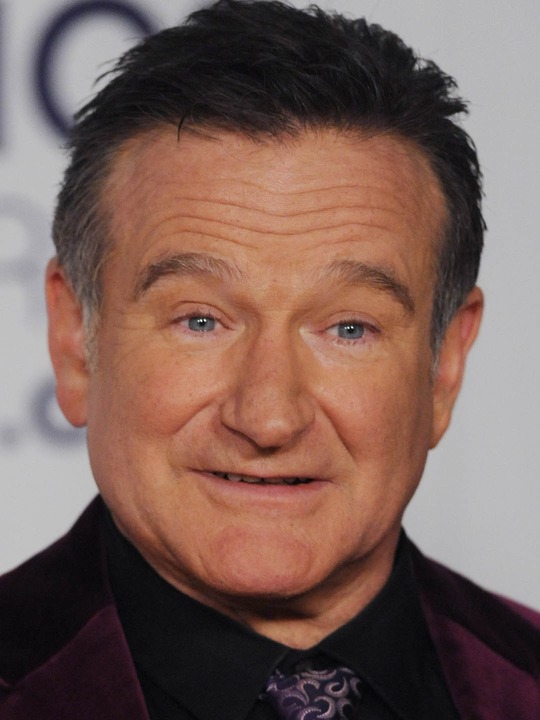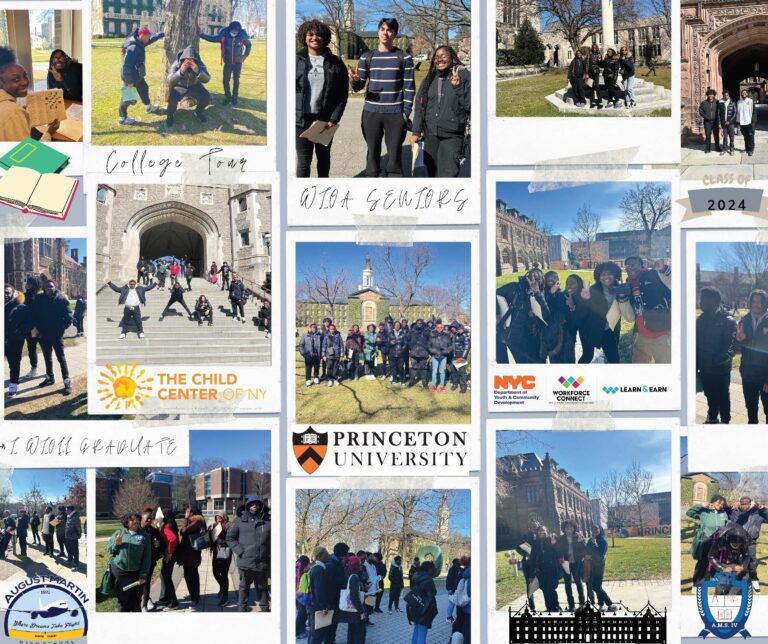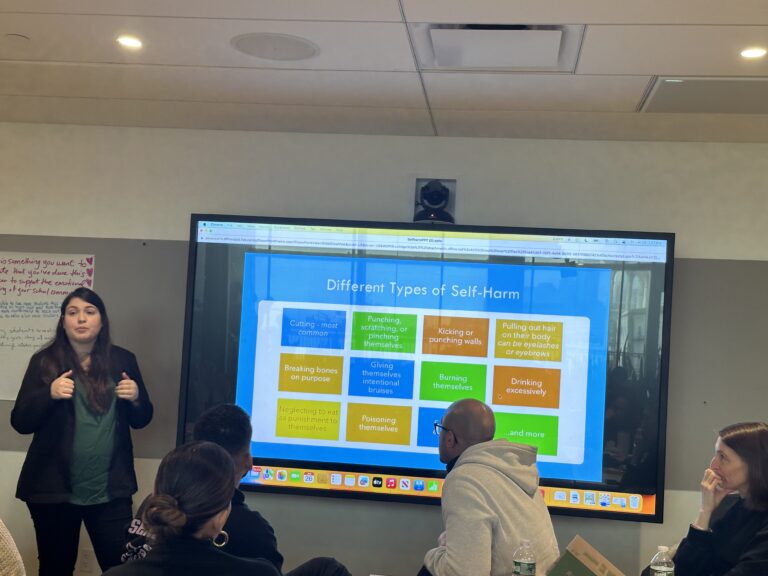 When the media broke the news of Robin Williams’ death, it was shocking to realize that someone who gave people so much joy was experiencing such pain. He was loved and revered by people he’d never met—a man who had every success and a family who loved him but who still felt unable to reach for the help that he needed. His loss is devastating, and it’s a fresh reminder that people all around us are struggling, without access to the resources and care that could help them survive.
When the media broke the news of Robin Williams’ death, it was shocking to realize that someone who gave people so much joy was experiencing such pain. He was loved and revered by people he’d never met—a man who had every success and a family who loved him but who still felt unable to reach for the help that he needed. His loss is devastating, and it’s a fresh reminder that people all around us are struggling, without access to the resources and care that could help them survive.
Robin Williams was not alone. 1.1 million people attempt suicide each year, and 39,000 people take their own lives. One in five Americans suffered from a mental illness in the last year, but only 39 percent of them were able to get mental health services. We must erase the stigma that prevents people from getting help, and we must make sure that everyone seeking help has access to the care they need.
Robin Williams’ story also shows the need for professional care that understands the complexities of mental health. Over 90 percent of people who commit suicide also suffer from a mental illness. Psychologists and clinicians say that Robin Williams showed signs of bipolar disorder, and we know that he struggled with substance abuse and depression at various times in his life. He returned to treatment last month and faced severe depression at the time of his death. These are complicated clinical issues that need a strong and skilled clinician, and access to every tool that can help.
A trained clinician can assess the layers of problems, discover what to deal with first, and work to address what is causing the most damage. Just as diabetes doesn’t end with a doctor’s visit, mental illness doesn’t end with a few therapy sessions. People facing multiple problems need many options—an individualized treatment plan that can adapt to their needs and their life circumstances. An aftercare plan keeps people connected, supported, and working toward wellness, whether it’s through twelve-step meetings, spirituality, exercise, or some other way.
Also, mental illness and substance abuse require diligence, action and immediate access to care—the moment someone reaches out for help. So many people have nowhere to turn. Between 2009 and 2012, states cut mental health funding by an estimated $4.35 billion, leaving thousands without access to care. Mental health care providers are struggling to keep their doors open, clinicians are wondering how they will make a living doing the work that they love, and people are still desperate for help.
In the single day since Robin Williams’ death, over 100 families have experienced the same loss of a loved one to suicide. Professional, empathetic and individualized care can save lives. Everyone who needs that help—from a beloved celebrity to a child in South Jamaica, Queens—should be able to find it.
Traci Donnelly
CEO and Executive Director
The Child Center of NY





This morning I came into my office and received a email from the Aunt of two of my teenage clients … “Just thought I’d say, I appreciate everything you’ve done with the kids. Whatever it is, it’s working so please keep it up. Guess Robin Williams’ passing is making me think about how sad a person must be to think that that is the only way to find relief.”
This is just another confirmation about why our work is priceless to our children and families.